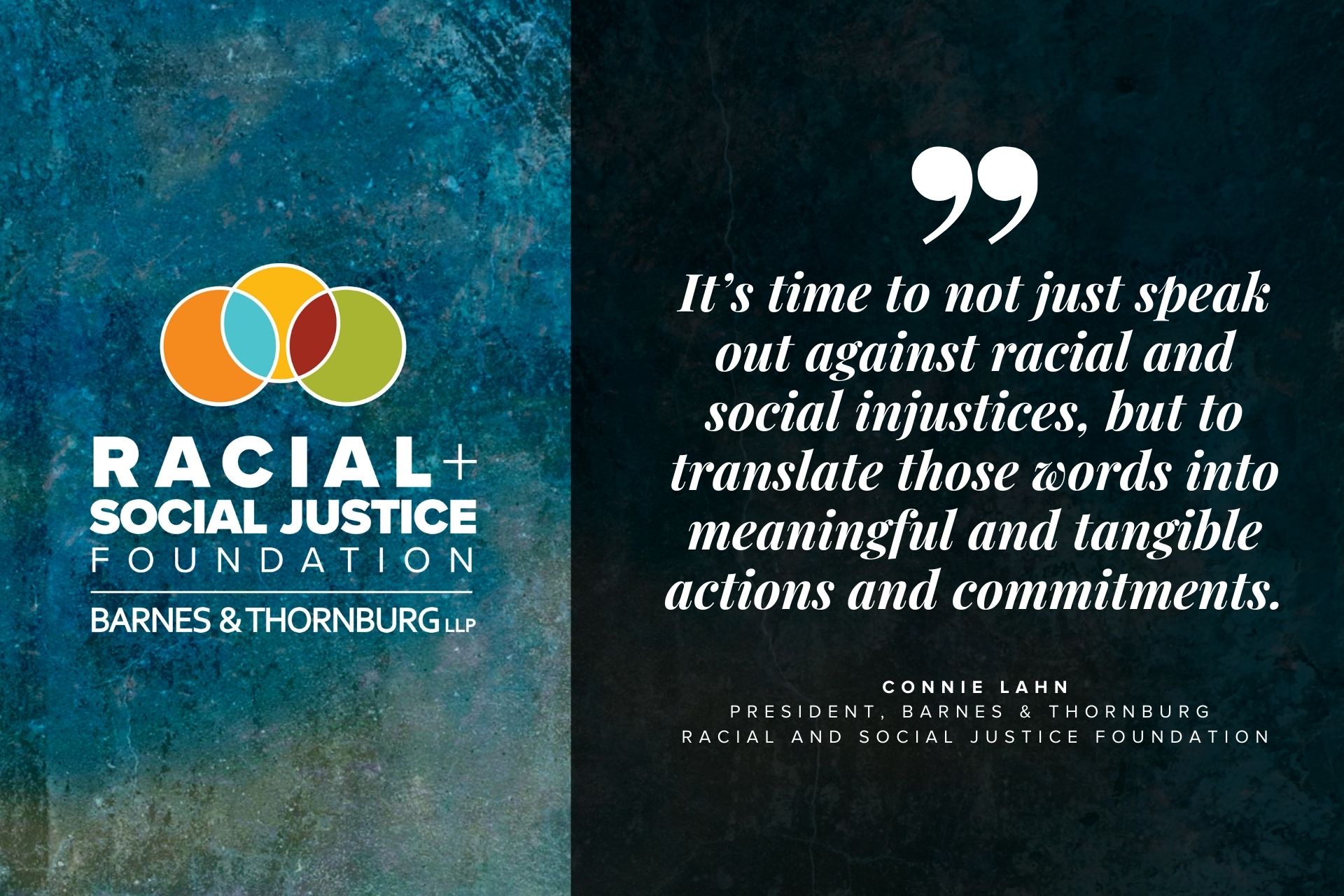BARNES & THORNBURG EMAIL DISCLAIMER
Before sending mail to your intended recipient, you must first understand the implications of communicating with Barnes & Thornburg LLP and agree to the following terms.
Barnes & Thornburg LLP appreciates your visit to the firm’s web site. Our site is provided for informational purposes only and should not be considered legal advice. Should you choose to contact an attorney at Barnes & Thornburg LLP (via E-mail or other means of communication), do not disclose information you regard to be confidential until the attorney verifies that the firm does not represent other persons or entities involved in the matter and that the firm is willing to consider accepting representation. Unless otherwise agreed in advance, all unsolicited inquiries or information received by Barnes & Thornburg LLP will not be regarded as confidential.




